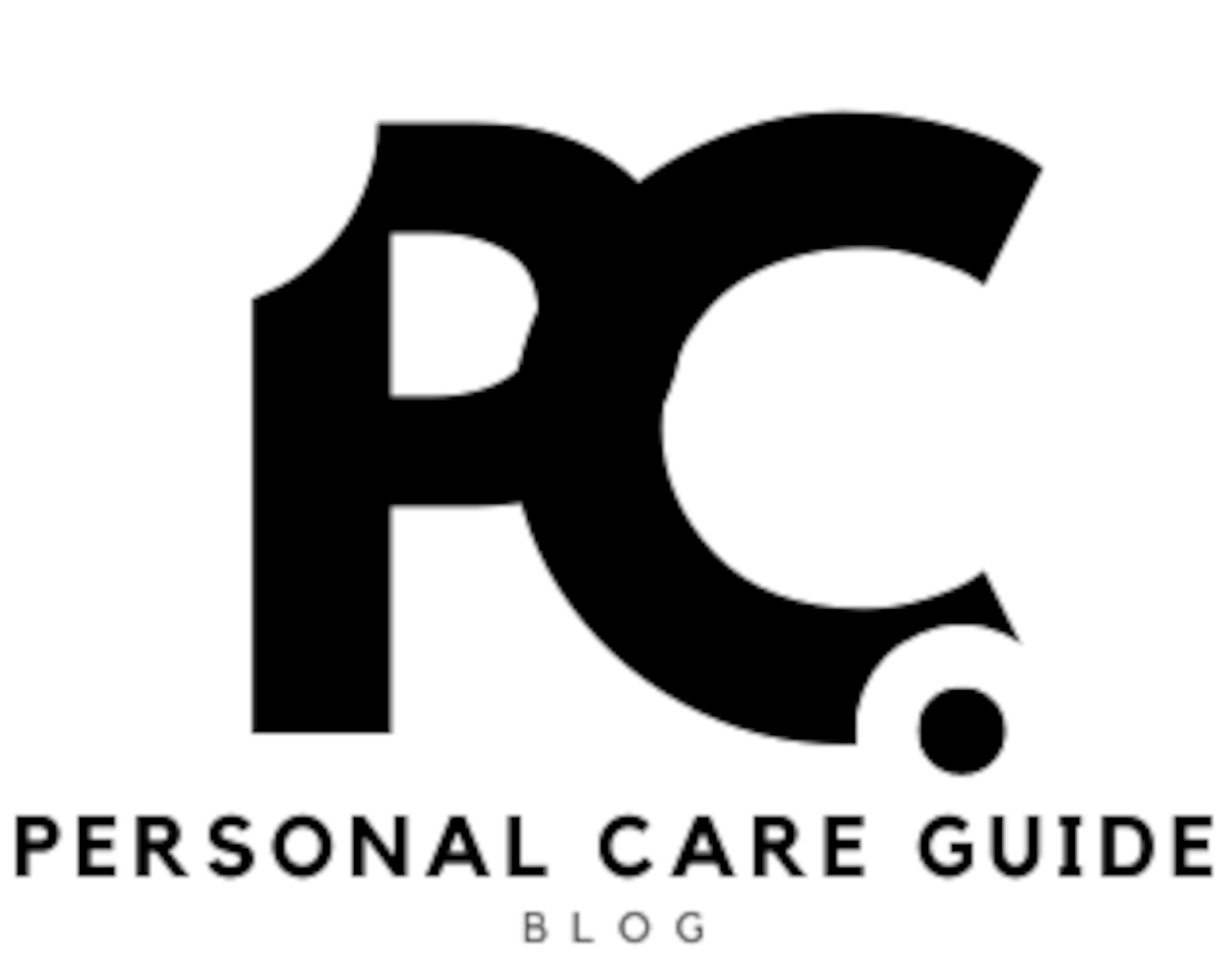In today’s fast-paced world, stress has become a constant companion for many, manifesting through the body’s cortisol levels. Cortisol, often referred to as the “stress hormone,” plays a crucial role in the body’s stress response but can lead to various health issues when consistently elevated. This has prompted many to seek effective ways to lower cortisol levels, with dietary supplements becoming a popular option. Let’s explore the potential of supplements to lower cortisol and enhance overall well-being.
Understanding Cortisol
Cortisol is produced by the adrenal glands and is pivotal in managing not only stress but also blood sugar levels, metabolism, inflammation, and memory formulation. While it’s essential for survival, elevated cortisol levels over prolonged periods can adversely affect your health, leading to issues like weight gain, high blood pressure, sleep disturbances, and a weakened immune system.
Supplements to Lower Cortisol
Several supplements have been identified for their potential to help manage cortisol levels, offering a natural approach to stress relief and hormonal balance. Here are some of the most noted ones:
Ashwagandha: An adaptogen that helps to modulate the body’s response to stress, Ashwagandha has been shown in studies to significantly reduce cortisol levels and improve stress outcomes.
Phosphatidylserine: This phospholipid has been found to decrease cortisol levels following exercise-induced stress, suggesting its potential for stress management in general.
Magnesium: Known as the relaxation mineral, magnesium can help reduce cortisol levels and improve sleep quality, making it a crucial supplement for stress management.
Omega-3 Fatty Acids: Found in fish oil and flaxseed, omega-3s have been shown to lower cortisol levels and reduce the effects of mental stress.
Integrating Supplements into Your Routine
When considering supplements to lower cortisol, it’s essential to approach them as part of a holistic stress management strategy. This includes a balanced diet, regular exercise, adequate sleep, and mindfulness practices. It’s also crucial to consult with a healthcare provider before starting any supplement, especially if you have existing health conditions or are taking other medications.
Factors Influencing Cortisol Reduction
The effectiveness of supplements in lowering cortisol can vary depending on several factors, including the severity of stress, individual health status, lifestyle factors, and consistency in supplement intake. Patience and persistence are key, as it may take time to observe significant changes in cortisol levels and stress symptoms.
Conclusion
While the journey to manage stress and lower cortisol levels can be challenging, supplements offer a promising avenue for support. By understanding the role of cortisol in stress and exploring natural supplements, individuals can take proactive steps towards achieving hormonal balance and enhancing their overall well-being. Remember, the best approach to lowering cortisol involves a combination of dietary supplements, healthy lifestyle choices, and, when necessary, professional guidance.







